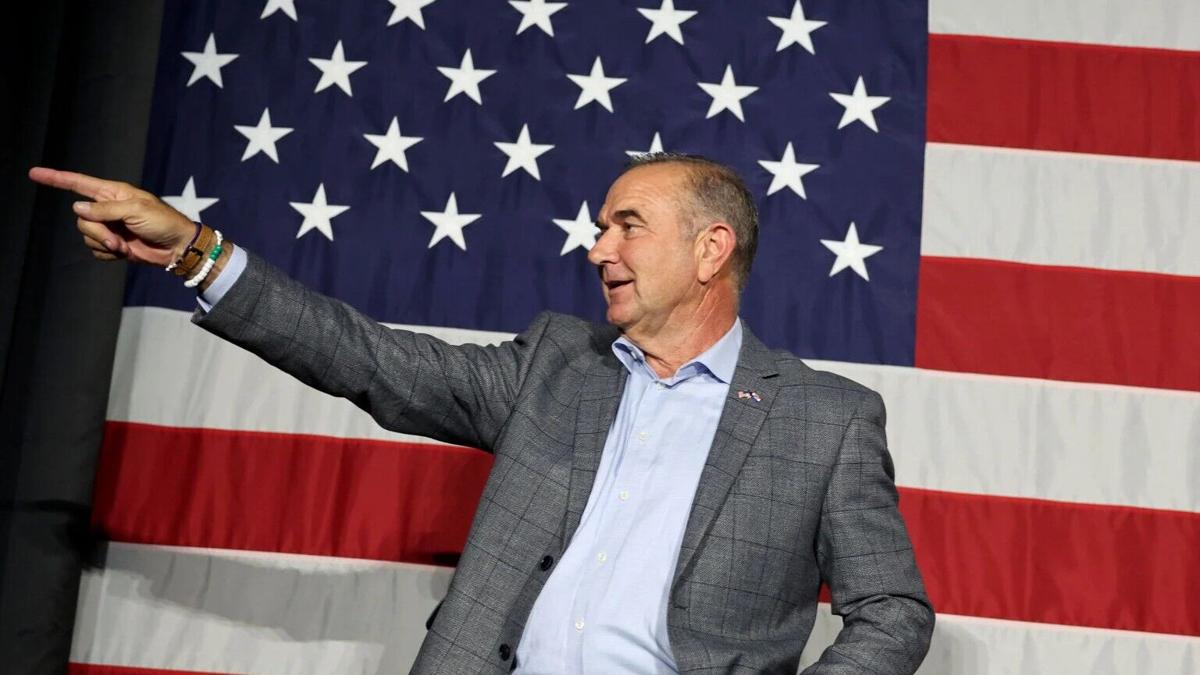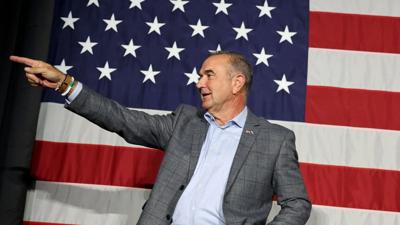JEFFERSON CITY — Just days after Republicans in Congress and President Donald Trump cut federal funding to states, Missouri Gov. Mike Kehoe is poised to sign legislation projected to reduce state revenue by as much as a half-billion dollars annually.
The proposal endorsed by Missouri lawmakers in May will exempt capital gains from state income taxes, including profits and earnings on the sale of stocks, cryptocurrencies, real estate and other valuables.
Kehoe, a Republican who made tax cuts a key piece of his agenda during the 2024 election, has acknowledged the financial effects of the cut by vetoing or withholding more than $500 million in the state’s new budget.
His June 30 vetoes mean fewer dollars for math, arts and science programs in public schools, less money than lawmakers sought for colleges and universities, and significant cuts to cities seeking help to improve their wastewater systems.
People are also reading…
In addition, the Trump-backed changes will reduce Medicaid payments to Missouri by as much as $17 billion over the next 10 years.
But the first-year chief executive said he’s willing to go along with the reduction in revenue linked to the tax cuts despite the financial storm clouds facing state government.
“Governor Kehoe supports tax cuts and is proud to return Missourians’ hard-earned dollars back to them, but the reduction in state revenues must be accounted for in current and future budget decisions,” his office said in a statement.
The capital gains changes will apply to the 2025 tax year and beyond.
The measure also creates a trigger allowing corporations to claim a 100% deduction of income reported as a capital gain, but that won’t go into effect immediately.
The governor’s decision to support the tax cut has drawn scrutiny from budget analysts and Democrats, who say the exemption will primarily benefit wealthy Missourians.
According to Amy Blouin, the CEO of the Missouri Budget Project, a left-leaning think tank, 80% of the “tax giveaway” will go to the top 5% of Missouri taxpayers, with more than two-thirds going to taxpayers with incomes averaging $1.9 billion a year.
“The Legislature’s choice to prioritize a special interest tax giveaway is irresponsible and a mismanagement of taxpayer dollars,” Blouin said. “It’s also a slap in the face to the bulk of Missouri taxpayers who are struggling to afford groceries and who already pay a higher portion of their income in state and local taxes than do the folks who will get a windfall from the capital gains exemption.”
During debate in May, Democratic lawmakers raised red flags about the reduced revenue at a time when the Trump administration was pushing for the extension of tax cuts, resulting in massive cuts to state aid for health care programs and schools.
“I am concerned that this tax bill is filed at the same time as when our federal Medicaid and federal education funds are very much at risk,” said Rep. Kemp Strickler, D-Lee’s Summit.
The package does include some tax changes that could benefit low-income residents, including increasing the income limits and credit amounts for the property tax relief program known as “circuit breaker” as well as exempt diapers and feminine hygiene products from sales tax.
The sales tax exemption for hygiene products will eliminate the 4.2% state portion of the tax, costing state coffers about $37 million annually.
The circuit breaker is available to people older than 65 and people with disabilities. The changes are expected to save taxpayers an estimated about $84 million.
The 52-year-old tax credit allows homeowners and renters to claim a tax credit to offset property taxes of up to $750 if their income is less than $27,500. The credit for homeowners is up to $1,100 if they own their home if their income is less than $30,000.
The measure increases the maximum credit for renters to $1,055. The credit amount and income limits would be adjusted annually for inflation.
Blouin said those changes have been needed for years.
“The improvements to this credit will help Missourians stay in their homes and communities. The circuit breaker improvements will help nearly 195,000 households and demonstrate the type of tax policy improvements the state Legislature should prioritize,” she said.
Post-Dispatch photographers capture hundreds of images each week; here's a glimpse at the week of June 8, 2025. Video edited by Jenna Jones.

















